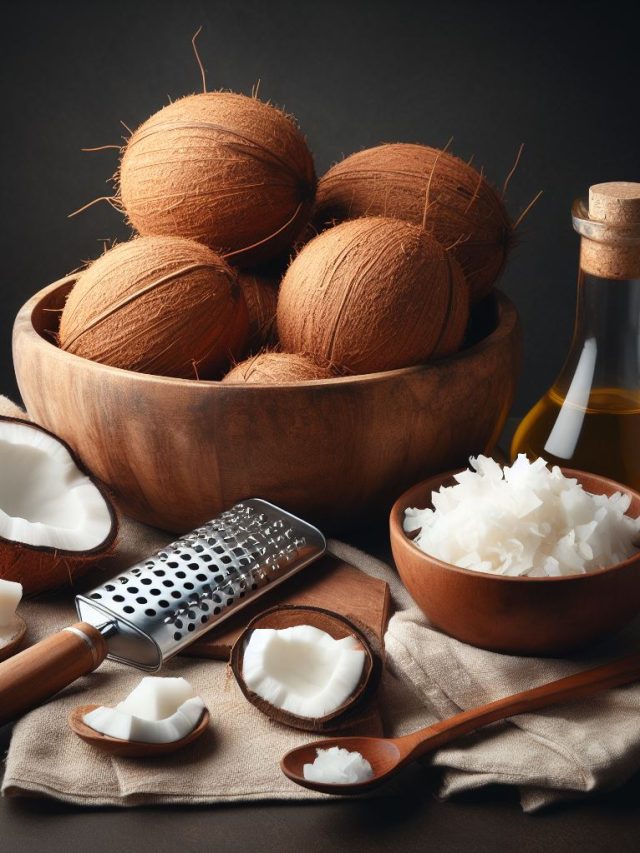Benefits of Squid Ink!
Tasty Recipes, Healthy Living
Information
What you looking for?
At info2health.net, we’re passionate about proving that healthy eating never has to be boring. Explore our diverse recipe collection featuring plant-based delights, lean and clean options, quick nutritious meals, gluten-free alternatives, low-carb creations, and superfood-packed dishes. With our wide range of recipes, you’ll always find something new and exciting to try while staying true to your health goals.
We take the guesswork out of nutritious eating with our easy-to-follow recipes across six health-focused categories. Whether you’re pressed for time, have specific dietary needs, or simply want to explore healthier options, our diverse recipe collection has something for everyone.
15-Minute allulose androgenic alopecia Bake Bars berberine benefits berberine vs metformin biotin for hair growth blueberries Blueberry caramel Cheese Chips DHT blockers Glazed Salmon Gluten-Free Ground Meat hair health solutions Heart-Healthy Herb-Crusted keto Lasagna Lean Lean Beef Lemon Low-Carb mitochondrial health natural anti-aging natural hair growth supplements nutraceuticals for hair loss Oatmeal Orange Pomegranate pumpkin seed oil benefits Quick and Nutritious Quinoa rosemary oil for hair Sandwich saw palmetto hair loss Stir-Fry sugar-free Tenderloin treats Vegetables Veggie Stir-Fry











